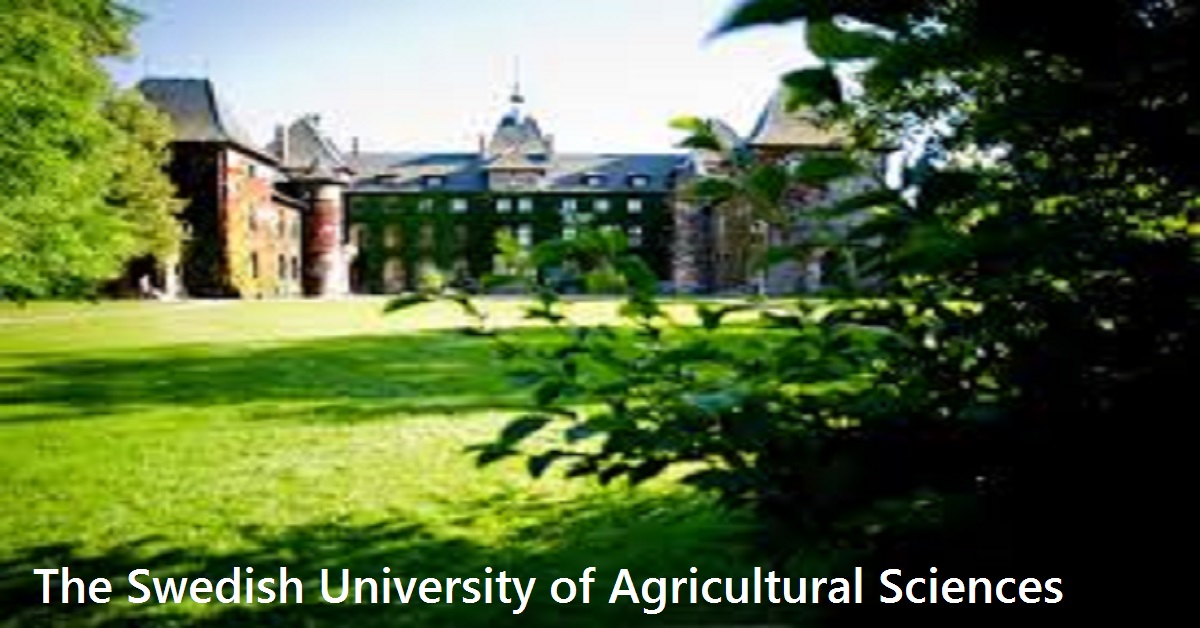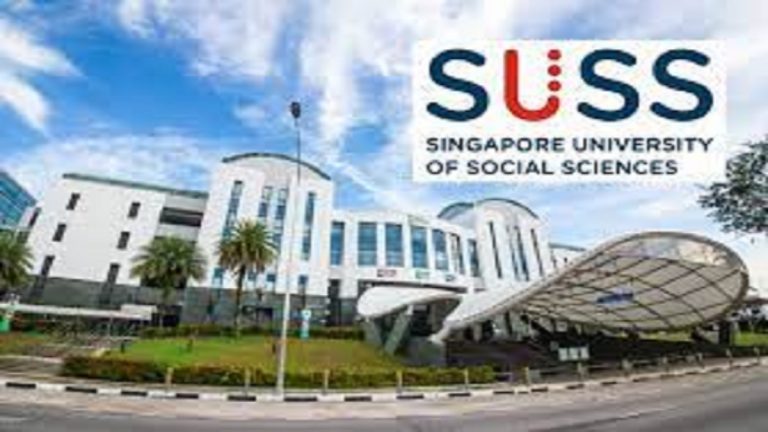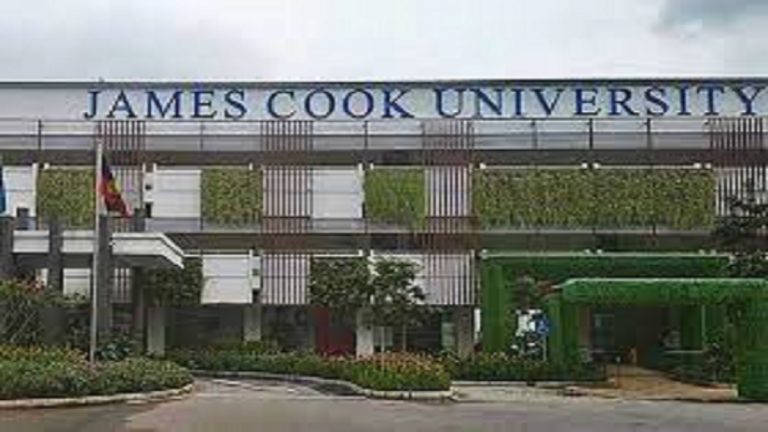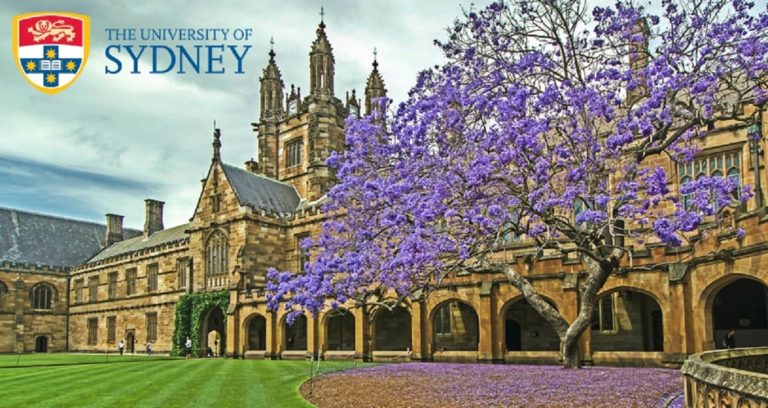
PhD in Environmental communication in Global South contexts to critically and creatively investigate communication in theory and practice
The Department of Urban and Rural Development at SLU offers a strong social science research environment in the subjects of environmental communication, rural development, landscape architecture and agrarian history. We are now recruiting a PhD candidate in the Division of Environmental Communication, where we investigate the communicative aspects of environmental and sustainability issues. We consider communication as the joint construction of meaning rather than as the transmission of information, and conduct primarily qualitative social science research concerned with themes such as legitimacy, participation, power, resistance, conflict and learning in decision making and change processes from a communication perspective. Our research spans a wide range of contexts such as nature conservation, forestry, food production, climate change, game management, mining and the urban planning. Read more about our research here.
Description:
Communication research is often equated to media studies, and much of applied communication research evaluates the effectiveness of information transmission or persuasion. At the Division of Environmental Communication, we focus less on such instrumental perspectives of communication. Instead, we start from an understanding of communication as the joint construction of meaning – a process that is multilateral and multimodal, and in which disagreement, conflict and power relationships play important roles, which we aim to elucidate through both our research and teaching. We apply such perspectives to a wide variety of issues of global relevance, such as climate change, biodiversity loss, land use, urban planning and land rights. However, at present, most work at the Division of Environmental Communication focuses on Nordic contexts.
To further strengthen environmental communication as a field of research, we are now recruiting a PhD student to explore together with researchers at the Division of Environmental Communication in which ways ideas about environmental communication can be fruitfully applied, made sense of and developed in Global South contexts – and in which ways perspectives from the Global North (that tend to dominate the environmental communication literature) can be re-thought by learning from approaches and understandings coming from the Global South.
We therefore invite short concept notes (1-2 pages) from interested applicants that propose environmental communication-related research questions and a possible empirical approach to address these, situated in a selected context in the Global South. Further information and instructions for the concept note can be found below.
The PhD project aims to critically and creatively investigate communication in theory and practice, in a suitable empirical context in the Global South. Within this framework, the PhD student will shape the research in collaboration with the supervisory team, which will be selected from the Division of Environmental Communication based on the conceptual and contextual direction of the project. The PhD project will be funded by the Department of Urban and Rural Development, and benefit from a vibrant and collegial research environment.
Qualifications:
We are looking for an enthusiastic, highly motivated and creative candidate with a Masters degree and a strong background in a relevant social science (such as sociology, anthropology, human geography, communication or political sciences), as well as experience in theoretically grounded, qualitative empirical research. Excellent English skills, both written and spoken, are essential. Experience in working in Global South contexts would be an asset. Fieldwork abroad will be required. Personal suitability is taken into account.
Place of work:
Uppsala
Forms for funding or employment:
Employment 4 years.
Starting date:
According to agreement.
Application:
Instructions
We invite short concept notes (1-2 pages) that propose environmental communication-related research questions and a possible empirical approach to address these, situated in a selected context in the Global South. We hope these concept notes will include an outline of:
- A research problem that you have identified, making explicit links to (and engaging critically with) one or more ideas of environmental communication as we describe them in our Mistra Environmental Communication research programme (see p. 8 of the Mistra EC programme plan)
- Contextualisation in an empirical context in the Global South of your choice
- Research questions emerging
- Theoretical perspectives that you might want to draw on to do the research
- Methods that might be suitable to carry out the proposed research
- Where relevant, existing contacts and collaborations that could support your work abroad
We invite you to browse our website as well as this article (Joosse, Powell et al. 2020) for further information on some of the questions and dilemmas discussed and the research conducted at the division.
Please note that the concept notes will be read as an indication of the candidates’ perspectives, capacities and interests. Should you be offered the position, your concept note will be a starting point for the planning for the PhD project, but is (obviously) not necessarily going to be implemented as written.
Click the “Apply” button to submit your application. The deadline is 2022-08-14.
To qualify for third-cycle (Doctoral) courses and study programmes, you must have a second-cycle (Master’s) qualification. Alternatively, you must have conducted a minimum of four years of full-time study, of which a minimum of one year at second-cycle level.
Applicants will be selected based on their written application and CV, degree project, copies of their degree certificate and transcript of records from previous first and second-cycle studies at a university or higher education institution, two personal references, and knowledge of English. More information about the English language requirements can be found here: www.slu.se/en/education/programmes-courses/doctoral-studies/new-doctoral-students/english-language-requirements/
Please note that applicants invited to interview must submit attested copies of their degree certificate, a transcript of records from previous first and second-cycle studies at a university or higher education institution. Applicants who are not Swedish citizens need to submit an attested copy of their passport’s information page containing their photograph and personal details.
Read about the PhD education at SLU at www.slu.se/en/education/programmes-courses/doctoral-studies/
Academic union representatives:
https://internt.slu.se/en/my-employment/employee-associations/kontaktpersoner-vid-rekrytering/
The Swedish University of Agricultural Sciences (SLU) is a world-class international university with research, education and environmental assessment within the sciences for sustainable life. Its principal sites are in Alnarp, Umeå and Uppsala, but activities are also conducted at research stations, experimental parks and educational establishments throughout Sweden. We bring together people who have different perspectives, but they all have one and the same goal: to create the best conditions for a sustainable, thriving and better world.
SLU has just over 3,000 employees, 5,000 students and a turnover of SEK 3 billion. The university has invested heavily in a modern, attractive environment on its campuses.
www.slu.se
Contact person
Stina Powell
Anke Fischer
Hanna Bergeå
Researcher
URL to this pagehttps://www.slu.se/en/about-slu/work-at-slu/jobs-vacancies/?rmpage=job&rmjob=6876&rmlang=UK


